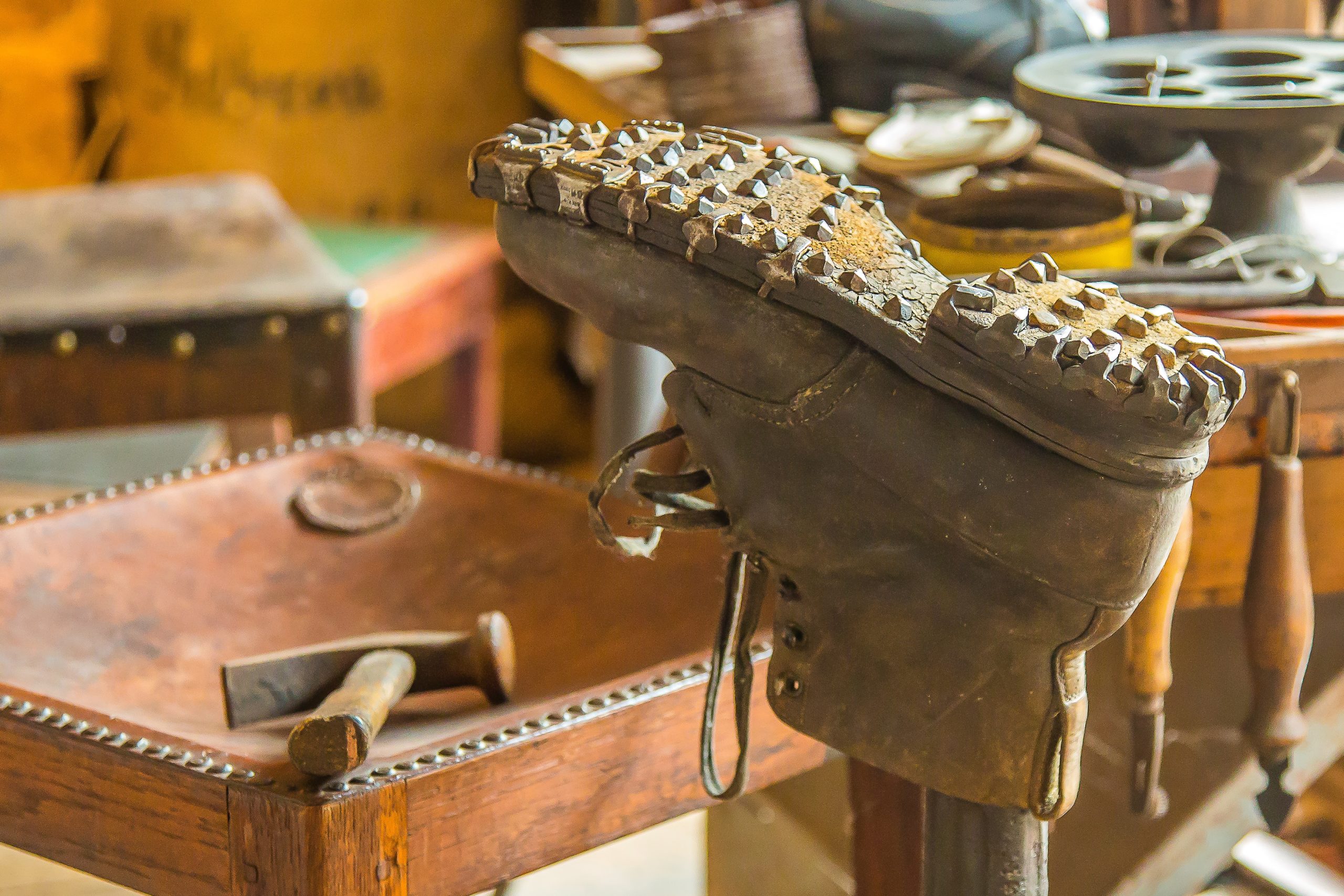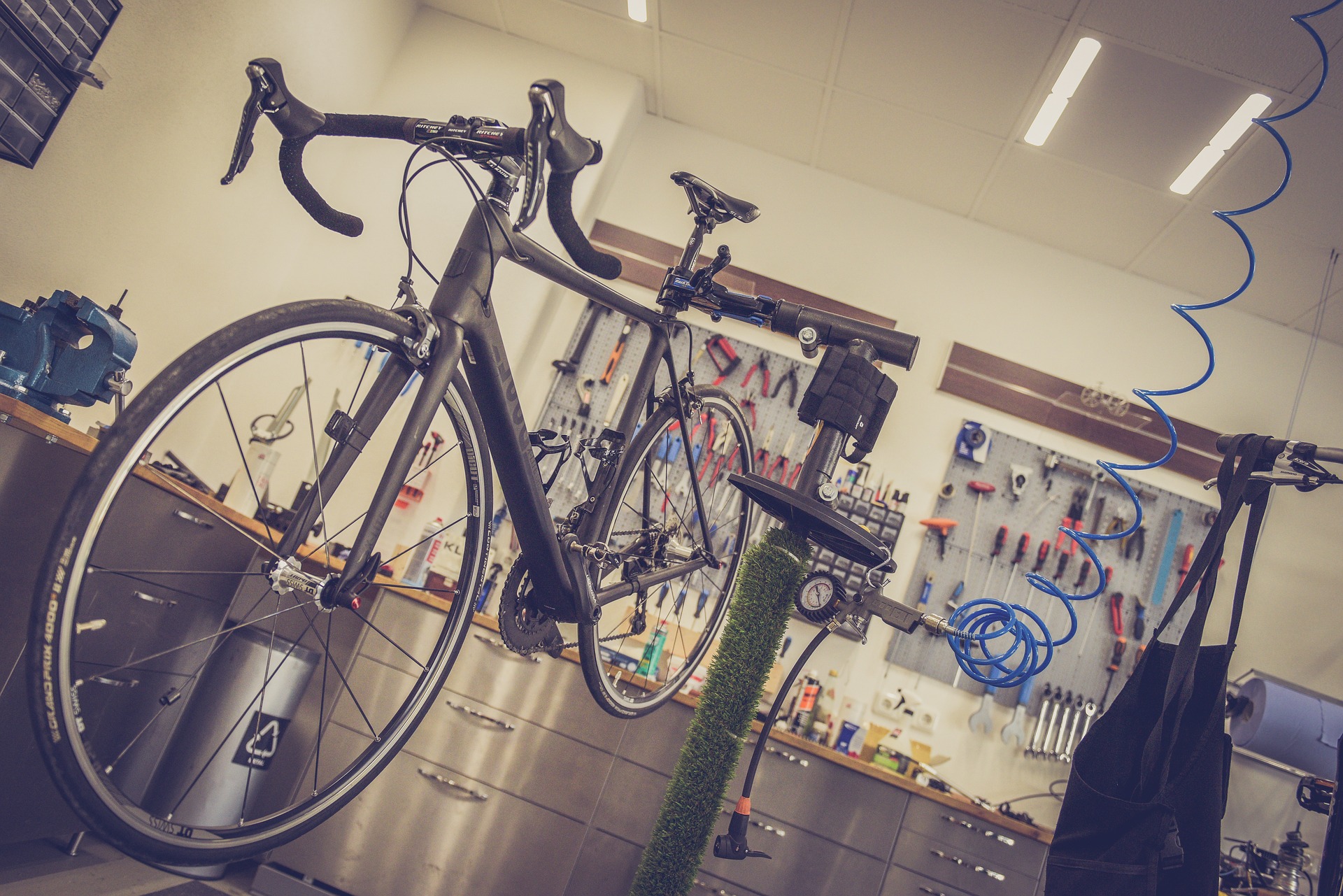Buying things may feel good…

but getting broken things to work again feels even better
 Who doesn’t have a broken product at home waiting to be repaired? A kettle? A T-shirt? The one I see the most is the ‘famous’ broken glass screen on the mobile phone.
Who doesn’t have a broken product at home waiting to be repaired? A kettle? A T-shirt? The one I see the most is the ‘famous’ broken glass screen on the mobile phone.
The interesting thing is that rather than repairing the broken things, many people just buy more things. In the case of the phone people usually rather buy a new one than pay for any repairs. Can we blame people if the cost of the glass and the repair service is usually more that 100 euros?
Repair is one of the most important principles of the circular economy and should be widely supported. In fact, it is vital that repairability is kept in mind when designing new products.
Fast fashion and synthetic materials have led to many people choosing not to repair shoes and clothing anymore. To make matters worse, shoemakers and other repair jobs are disappearing because skilled crafts people are retiring and no-one is able to match their skills and knowledge. Thus repair shops and businesses are becoming even harder to find.
To encourage the repair of goods, the Swedish government has introduced a tax reduction that allows people to claim back from income tax half of the labour cost on repairs for appliances such as fridges, ovens, dishwashers and washing machines. The VAT rate has also been decreased from 25 per cent to 12 per cent for repairing bicycles, shoes, leather goods, clothing and household linen. Tax reduction is part of an ambitious strategy in Sweden to encourage sustainable consumption.
 Another positive initiative is the worldwide emergence of Repair Cafés, where people can meet and repair their things that otherwise would have been thrown away. In these gatherings, there are tools and materials that can be used for repairing clothes, furniture, electrical appliances, bicycles, crockery, appliances, and toys etc. There are also expert volunteers, who can share their knowledge in repair for all kinds of products.
Another positive initiative is the worldwide emergence of Repair Cafés, where people can meet and repair their things that otherwise would have been thrown away. In these gatherings, there are tools and materials that can be used for repairing clothes, furniture, electrical appliances, bicycles, crockery, appliances, and toys etc. There are also expert volunteers, who can share their knowledge in repair for all kinds of products.
Hopefully, not only the Swedish initiative will spread across the world, but consumers habits and opportunities to repair goods will also become mainstream. “Repair is one of the most important principles of the circular economy and should be widely supported. In fact, it is vital that repairability is kept in mind when designing new products.“